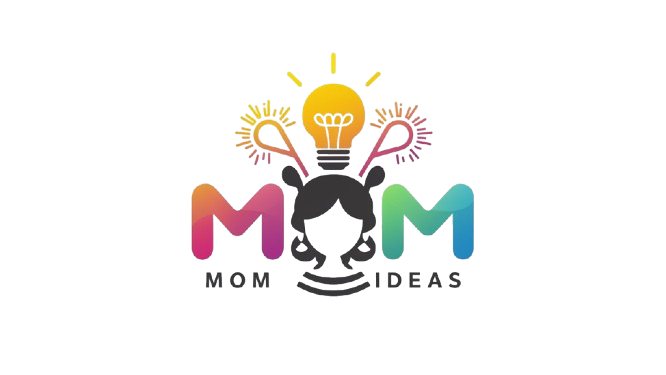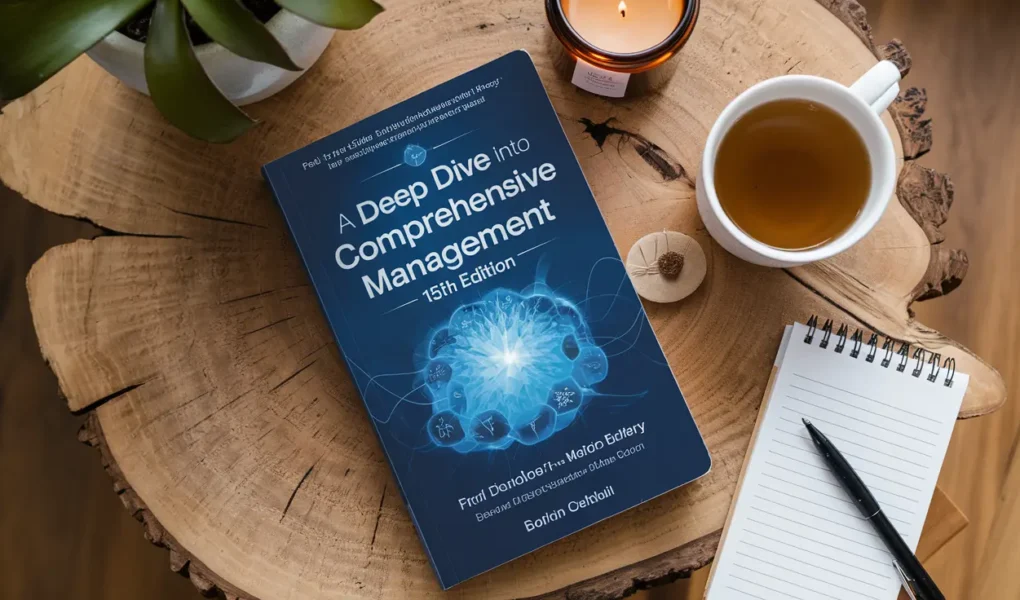Stress is an inevitable part of life. However, managing it effectively can lead to a healthier, happier existence. The 15th Edition of Comprehensive Stress Management offers a thorough examination of stress, its effects, and the tools to handle it. This article will provide an overview of the key concepts, strategies, and updates found in this essential resource.
Understanding Stress
Stress occurs when external pressures exceed an individual’s capacity to cope. It can arise from various sources, including work, relationships, and health concerns. Understanding stress is the first step in managing it effectively.
Types of Stress
- Acute Stress: Short-term stress that arises from specific events or situations. It can be positive or negative and often resolves quickly.
- Chronic Stress: Long-term stress that persists over time. It can result from ongoing issues like job demands or financial problems and may lead to significant health issues if not addressed.
The Importance of Stress Management
Effective stress management is crucial for maintaining physical and mental well-being. Chronic stress can lead to health problems such as hypertension, anxiety disorders, and depression. Comprehensive stress management strategies can help reduce these risks.
Key Updates in the 15th Edition
The 15th edition of Comprehensive Stress Management introduces several new concepts and updated information. It reflects the latest research and trends in stress management, ensuring readers have access to the most relevant resources.
1. Evidence-Based Techniques
This edition emphasizes evidence-based techniques for managing stress. It reviews scientific research and outlines effective methods backed by data. Readers can feel confident in the recommendations provided.
2. Holistic Approach
The 15th edition advocates for a holistic approach to stress management. It encourages individuals to consider their physical, emotional, and social well-being. This perspective recognizes that stress affects all areas of life and that a balanced approach is essential.
3. Mindfulness and Meditation
Mindfulness and meditation play a significant role in stress management strategies outlined in this edition. These practices help individuals become more aware of their thoughts and feelings, enabling them to respond to stressors more effectively.
Strategies for Effective Stress Management
The 15th edition provides various strategies for managing stress. Here are some of the key techniques discussed:
1. Time Management
Effective time management can significantly reduce stress. Prioritizing tasks, setting realistic goals, and breaking projects into manageable steps are crucial skills. This edition offers practical tips for enhancing time management abilities.
2. Exercise
Physical activity is one of the most effective stress relievers. Exercise releases endorphins, which improve mood and reduce stress levels. The 15th edition highlights different types of exercise, including aerobic workouts, yoga, and strength training, and discusses their benefits.
3. Healthy Eating
Nutrition plays a vital role in stress management. The book emphasizes the importance of a balanced diet rich in whole foods. Proper nutrition supports mental health and helps the body cope with stress more effectively.
4. Social Support
Strong social connections can buffer against stress. The 15th edition encourages readers to nurture relationships with friends and family. Building a support network provides emotional comfort and practical assistance during challenging times.
5. Relaxation Techniques
Relaxation techniques such as deep breathing, progressive muscle relaxation, and guided imagery are vital components of stress management. The 15th edition provides step-by-step instructions for implementing these techniques into daily routines.
Assessing Your Stress Level
Understanding your stress level is essential for effective management. The 15th edition includes self-assessment tools to help readers identify their stress triggers and current stress levels. Recognizing patterns can inform your approach to stress management.
Creating a Personalized Stress Management Plan
One of the key takeaways from the 15th edition is the importance of creating a personalized stress management plan. This plan should reflect individual needs, preferences, and circumstances. Here are some steps to develop a plan:
- Identify Stressors: Recognize the specific sources of stress in your life. Make a list of these stressors to better understand what to address.
- Set Goals: Establish realistic and achievable goals for managing stress. Focus on both short-term and long-term objectives.
- Select Strategies: Choose strategies that resonate with you. Incorporate a mix of techniques, including mindfulness, exercise, and relaxation methods.
- Monitor Progress: Regularly assess your progress. Adjust your plan as needed to ensure it remains effective and relevant.
Overcoming Barriers to Stress Management
The 15th edition addresses common barriers to effective stress management. Recognizing these obstacles can help individuals develop strategies to overcome them.
1. Lack of Time
Many people feel they lack the time to implement stress management techniques. The book encourages readers to prioritize self-care and integrate stress management into their daily routines, even if it means starting small.
2. Unrealistic Expectations
Setting unrealistic expectations can lead to increased stress. The 15th edition promotes the importance of setting achievable goals and being kind to oneself in the process.
3. Fear of Change
Fear of change can hinder progress in stress management. The book emphasizes the value of embracing change and viewing it as an opportunity for growth.
The Role of Professionals in Stress Management
While self-help techniques are valuable, professional support can also be beneficial. The 15th edition discusses when to seek help from mental health professionals. Therapists and counselors can provide tailored strategies and support for managing stress.
Conclusion
The 15th Edition of Comprehensive Stress Management serves as an invaluable resource for anyone seeking to understand and manage stress effectively. With its evidence-based techniques, holistic approach, and practical strategies, this book equips readers with the tools needed to navigate the challenges of modern life.
By implementing the insights and recommendations from this edition, individuals can take proactive steps toward reducing stress and enhancing their overall well-being. Embrace the journey of stress management and empower yourself with the knowledge and skills to thrive.




